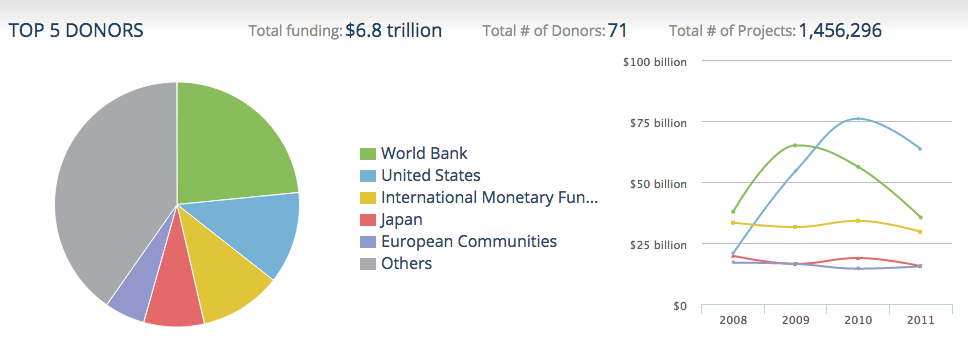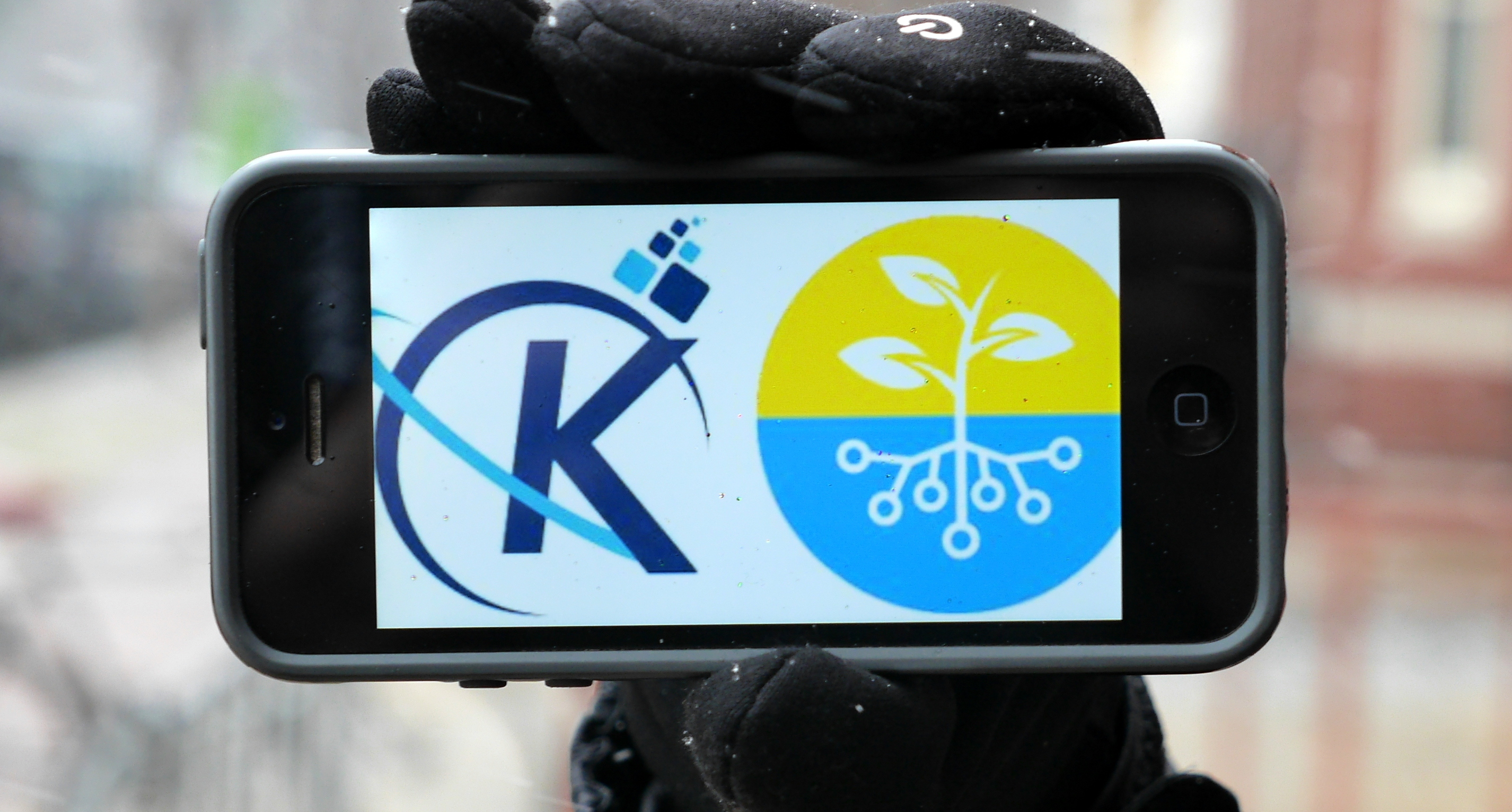Several of us at TechChange had the privilege of attending a great event MobileActive and the World Bank put on last night that focused on those failures that I’m sure most involved try to forget. FAILFaireDC brought together some real pioneers in the ICT4D space to discuss issues they had dealt with and well-intentioned projects that went wrong. While the fails ranged from election monitoring and e-governance to ICT for education and health, some key concepts kept popping up. Most importantly? Hubris kills.
 The theme for the night: learning from “worst practices” is in many cases more useful than learning from “best practices”; development organizations can learn a lot by exploring why projects fail – its just harder to talk about failure when there is so much pressure from so many places to succeed. Generally, the challenges that derailed most projects involved not being aware of the local context or not planning for sustainability.
The theme for the night: learning from “worst practices” is in many cases more useful than learning from “best practices”; development organizations can learn a lot by exploring why projects fail – its just harder to talk about failure when there is so much pressure from so many places to succeed. Generally, the challenges that derailed most projects involved not being aware of the local context or not planning for sustainability.
Bjorn Soren Gigler, an ICT for development specialist at the Bank, highlighted the social and political issues that can get overlooked by those confident in technology’s ability to overcome challenges. He provided a great example of a women’s cooperative in Guyana that created income generation opportunities for women by marketing hammocks internationally. The only problem? The husbands, and local leaders got jealous and took control of the program, undermining its financial and social success. As Michael Trucano, of the Bank’s EduTech project, put it: you can’t “assume away equity issues”. Technology is easy, but people are hard.
Focusing on sustainability requires ensuring that both the physical infrastructure as well as technical expertise are maintained after international donors leave. Mahad Ibrahim, while evaluating government funded IT clubs in Egypt, found them staggeringly underutilized because the people in charge hadn’t been taught how to succeed from either a technological or business perspective. And as successful as the open source movement has been in expanding the tools available to developers, as Robert Kirkpatrick, Director of UN Global Pulse, explained, “you still need [local] people who can write Python.” Without real capability development that empowers local communities to take ownership of an ICT4D project, it will only last as long as the international assistance.
The thing I appreciated most about the night was the camaraderie and desire among presenters to help others avoid the pitfalls they experienced. At the end, Mobile Active also encouraged organizations to have their own internal Failfaires, the idea being that there is power in creating an organizational culture where talking about failure is supported. We’re definitely planning on doing this at TechChange in the months and years to come.



